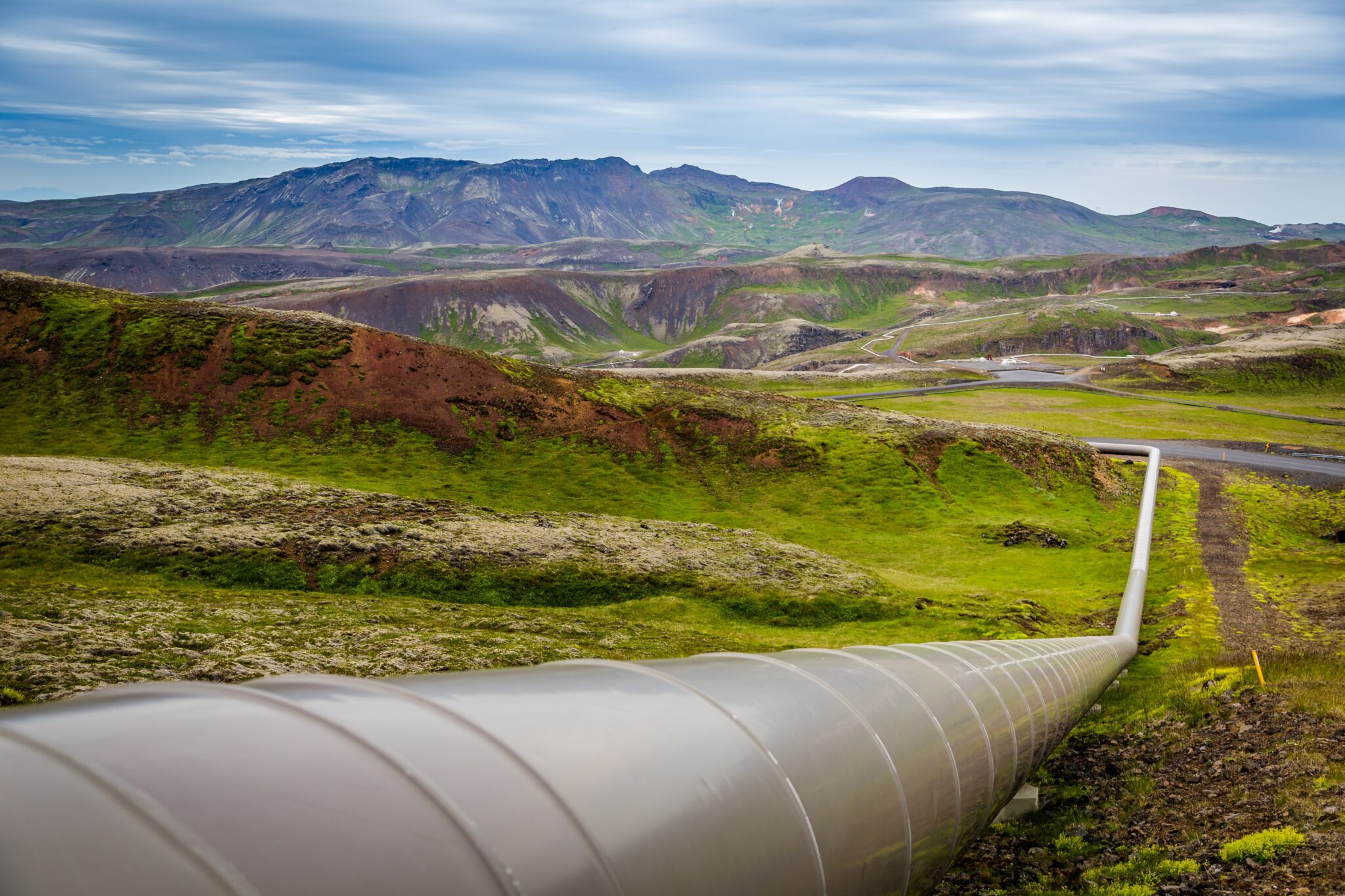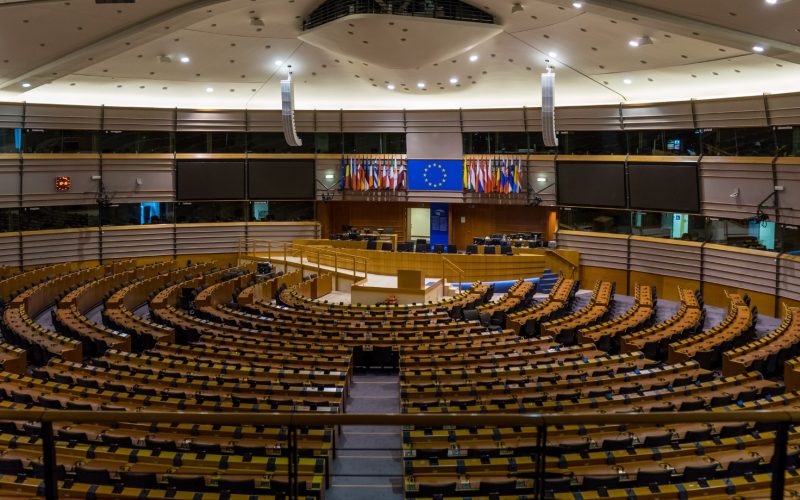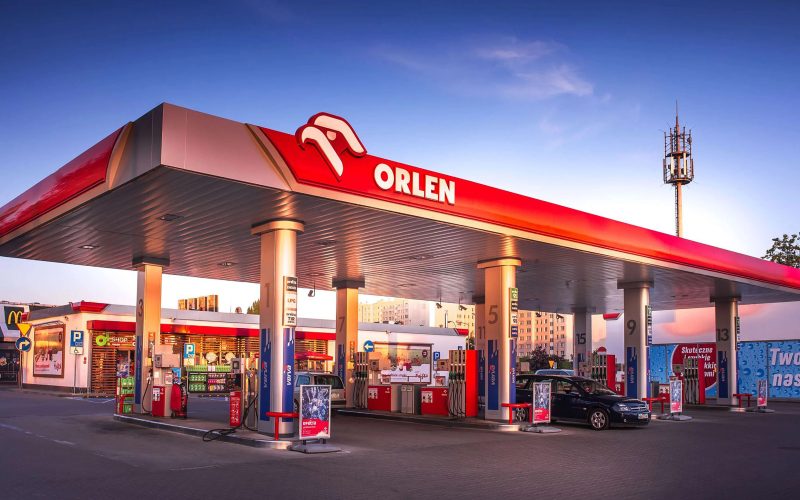5 reasons why companies will buy biomethane
We can already see how businesses around the world are betting on RES in their strategies and operations. But why should companies buy biomethane?
One of the main reasons is EU legislation, which requires countries (notably Ukraine, which is on the way to membership) or corporate voluntary targets to support sustainable development (ESG). Moreover, sustainability criteria will only strengthen.
What do we already have today?
Protocol on GHG emissions
The Greenhouse Gas Emissions Protocol sets standards (for corporations) for measuring and managing emissions of CO2 and other greenhouse gases. This is a standard for companies that covers accounting and reporting for the 7 main greenhouse gases (CO2, methane CH4, N2O, SF6, etc.).
The Protocol on Greenhouse Gas Emissions was approved in 1998 and later became an international standard (the first document was issued in 2001) that corporations could use to record and report on greenhouse gas emissions. He introduced the division of emissions related to the company’s activities into three areas.
For the purchase of biomethane, the most important thing is the direct control over the sources of pollution (for example, gas boilers) (direction 1), or the control of indirect emissions from the purchased electricity or heat (direction 2).
EU Emissions Trading System (EU ETS)
It is a European emissions trading scheme launched by Directive 2003/87/EC of the European Parliament in 2003. The system regulates thousands of polluters and sources of emissions of harmful substances – in 27 EU countries, it contains more than 10,000 power plants and enterprises of especially heavy industry.
Definitely, EU heavy industry still receives credits for emission allowances to maintain its competitiveness on the world market, but is gradually losing these allowances, with the final completion of this process occurring between 2026 and 2034.
The incentive to buy biomethane here is both CHPPs that use gas for heat production, and industrial enterprises – gas consumers that annually buy emission quotas in the EU ETS system.

National transport goals
Biomethane is already used in transport in many European countries. FQD – EU Directive on fuel quality from 1998, provides for a mandatory increase in the level of emission reduction in transport. This document was reflected in the national legislation. For example, the Czech Air Protection Act 201/2012, which was amended in 2018 to make it mandatory to reduce transport emissions by at least 6% from 2020.
Accordingly, European countries have learned to produce, buy and sell biomethane, for example, at bioCNG stations. And now there is talk of expanding the production and supply of BioLNG as a logical step in achieving transport goals.
National emissions trading systems
In addition to European emissions trading, some EU member states are implementing their own national emissions trading systems.
An example can be Austria, where such a system became operational a year ago. The price of CO2 emissions here is (for now) fixed, the obligation is provided through a consumption tax and includes, in addition to the transport sector, also the heating of buildings, industrial and energy companies not covered by the EU ETS, as well as agriculture. Therefore, Austrian companies included in this national system buy biomethane or its guarantees of origin to avoid this excise tax.
Additional voluntary goals
Here we are talking mainly about corporate goals — the purchase of carbon offsets on the market in the style of greenwashing will gradually be replaced by real products that reduce CO2 emissions — especially biomethane.
Today, companies pay much more attention to marketing tools, so environmental responsibility is an important element of image building, and attention to biomethane is growing rapidly.


